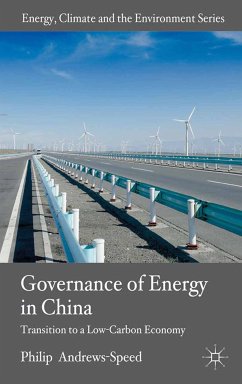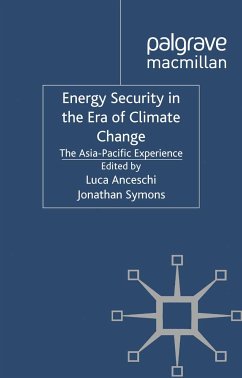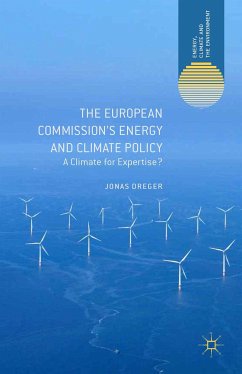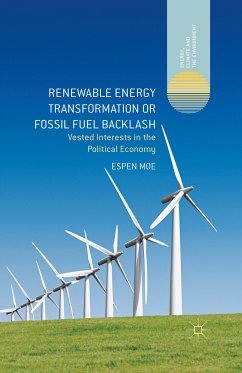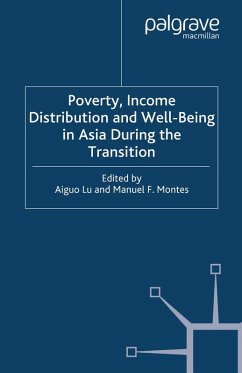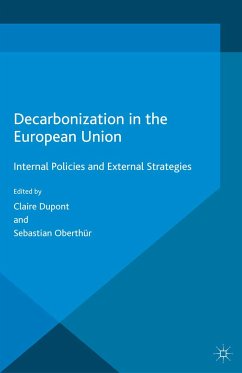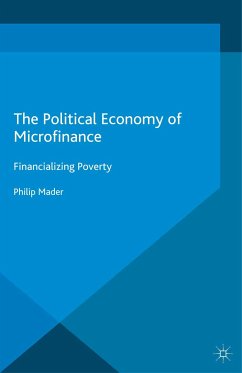Dieser Download kann aus rechtlichen Gründen nur mit Rechnungsadresse in A, B, BG, CY, CZ, D, DK, EW, E, FIN, F, GR, HR, H, IRL, I, LT, L, LR, M, NL, PL, P, R, S, SLO, SK ausgeliefert werden.
"Professor Philip Andrews?Speed has produced a valuable book . . . the author's synthesis brings important dimensions to bear on crucial questions such as the implementation gap in carbon emission reductions, the curious lack of coordination of transport and construction projects with energy policies, and the weakness of relevant independent regulatory agencies vis?à?vis big companies and local officials." - Oil, Gas & Energy Law Intelligence
"Andrews-Speed's conclusions are supported convincingly by the analysis and case studied . . . He illustrates vividly the constraints facing China's transition to a lowcarbon economy and provides valuable information and insights both for scholars of Chinese and international climate politics and policy and for a broader audience." - Environmental Politics
"In this book, Philip Andrews-Speed makes a major contribution to our understanding of the trajectory of the energy sector in China and the problems in the way of its moving towards a low-carbon model.' - The China Quarterly

